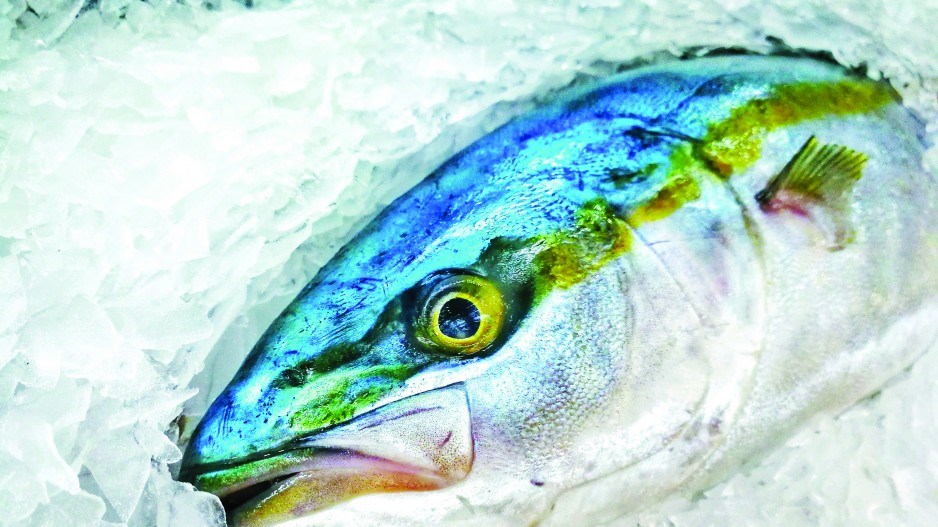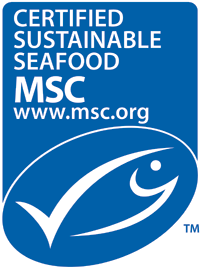 (This story has been updated to correct an error on Seafood Watch's rating of B.C. farmed salmon and provide clarification on MSC certification. The yellow rating for B.C. farmed salmon remains was not revoked, but remains in place. MSC certification for fisheries and supply chain companies, which differ, has been clarified.)
(This story has been updated to correct an error on Seafood Watch's rating of B.C. farmed salmon and provide clarification on MSC certification. The yellow rating for B.C. farmed salmon remains was not revoked, but remains in place. MSC certification for fisheries and supply chain companies, which differ, has been clarified.)
Marine Stewardship Council
The world’s largest, most recognized seafood certification program. Founded by the World Wildlife Fund and Unilever, it uses consumer pressure to press for changes in the fishing industry. Fisheries applying for certification must submit to assessments by third-party assessors in a process that takes 12 to 18 months. A full fishery assessment can cost $10,000 to $500,000. Supply chain companies seeking chain of custody verification also undergo assessments by independent certifiers. MSC-certified species in B.C. include chum, pink and sockeye salmon, halibut, hake and albacore tuna. More than 80% of the fisheries in the Pacific Northwest, from northern California to Alaska, are MSC certified.
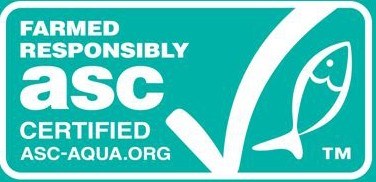 Aquaculture Stewardship Council
Aquaculture Stewardship Council
The ASC is to aquaculture what the MSC is to wild-capture fisheries. It uses independent certifiers to assess fish farms, shellfish growers and other farmed seafood operations using standards developed by the United Nations’ Food and Agriculture Organization. Like the MSC, it provides a chain-of-custody verification system. Companies pay annual fees and may also pay annual royalties on sales of 0.5%. Marine Harvest and Cermaq fish farms in B.C. are ASC certified; certification is pending for Grieg Seafood.
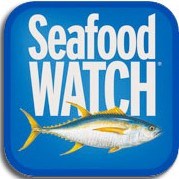 Seafood Watch
Seafood Watch
Run by the Monterey Bay Aquarium, Seafood Watch is the North American gold standard for seafood labelling. It uses a colour-code system of red (avoid), yellow (good alternative) and green (best option), and bases its recommendations on peer-reviewed fisheries science. It recommends all B.C. salmon, except southern B.C. coho and chinook. Last year, it gave B.C. farmed Atlantic salmon a yellow rating.
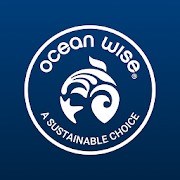 Ocean Wise
Ocean Wise
Run by the Vancouver Aquarium, Ocean Wise uses the Seafood Watch standards but applies a binary ranking system. Seafoods are either recommended or not recommended. Some 700 retailers and restaurants across Canada, including Save-On-Foods, Sobeys and Cactus Club, use the Ocean Wise label, for which they pay a fee. Ocean Wise recommends all Canadian seafood that is certified by the MSC, except for the longline swordfish fishery. It does not recommend any farmed salmon in B.C. raised in open-net pens, but does recommend farmed salmon from closed containment systems such as those used by Kuterra.
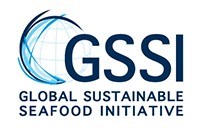
Global Sustainable Seafood Initiative
The GSSI is an umbrella group that uses a global benchmarking tool to certify the certifiers. To date, seven seafood certification programs have been GSSI recognized: MSC, Aquaculture Stewardship Council, Alaska Responsible Fisheries Management, Iceland Responsible Fisheries, Best Aquaculture Practices, GlobalG.A.P. and Audubon G.U.L.F.

